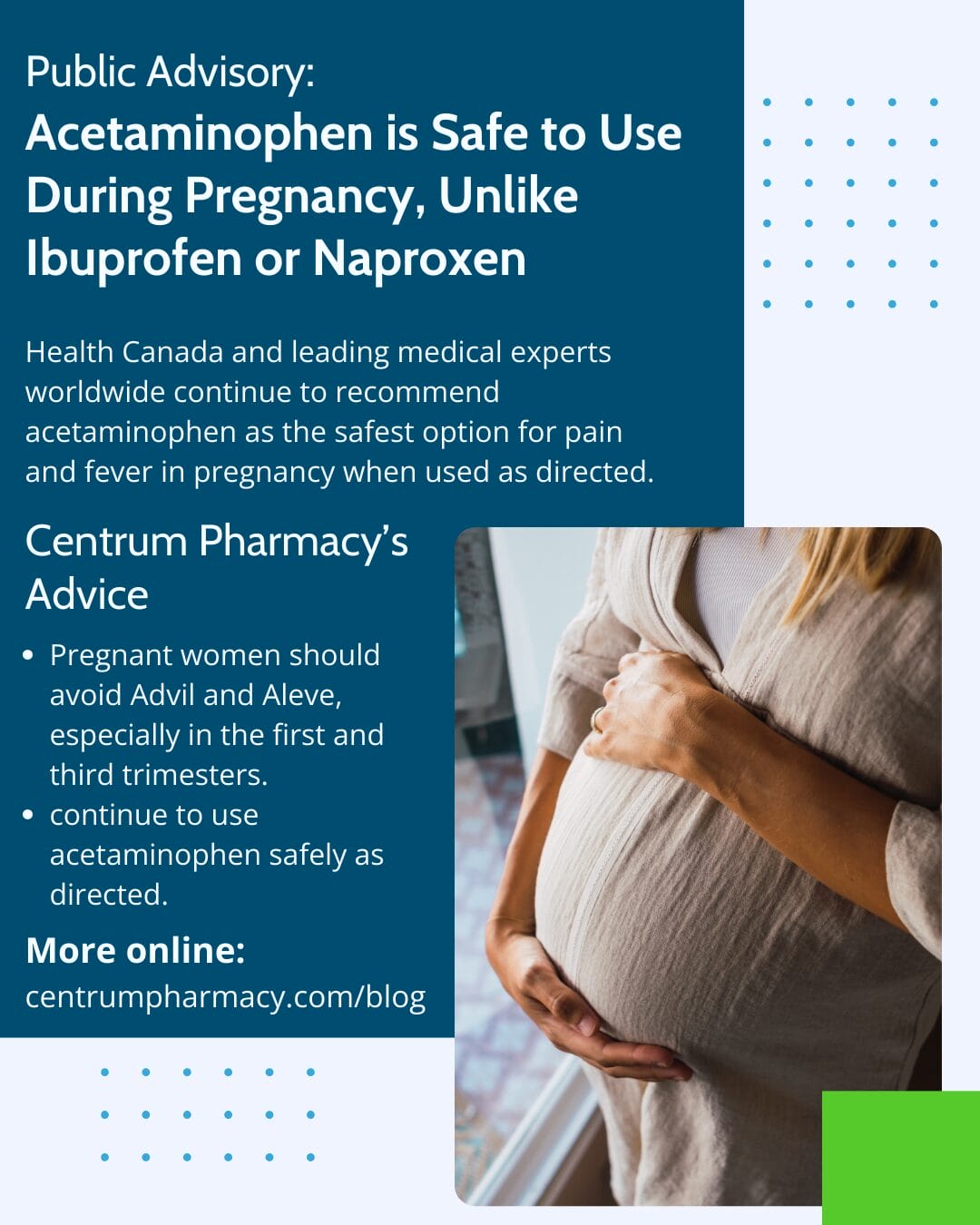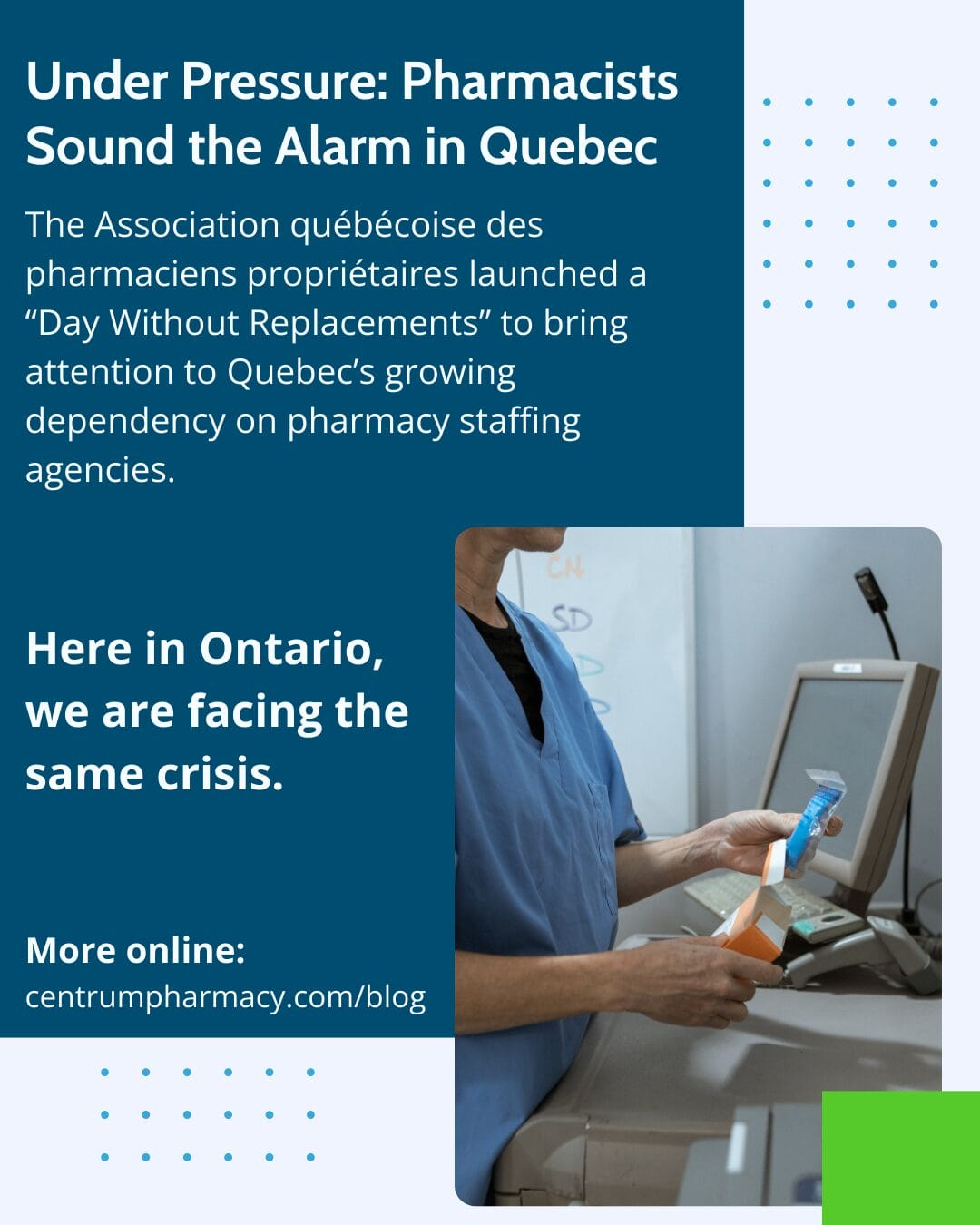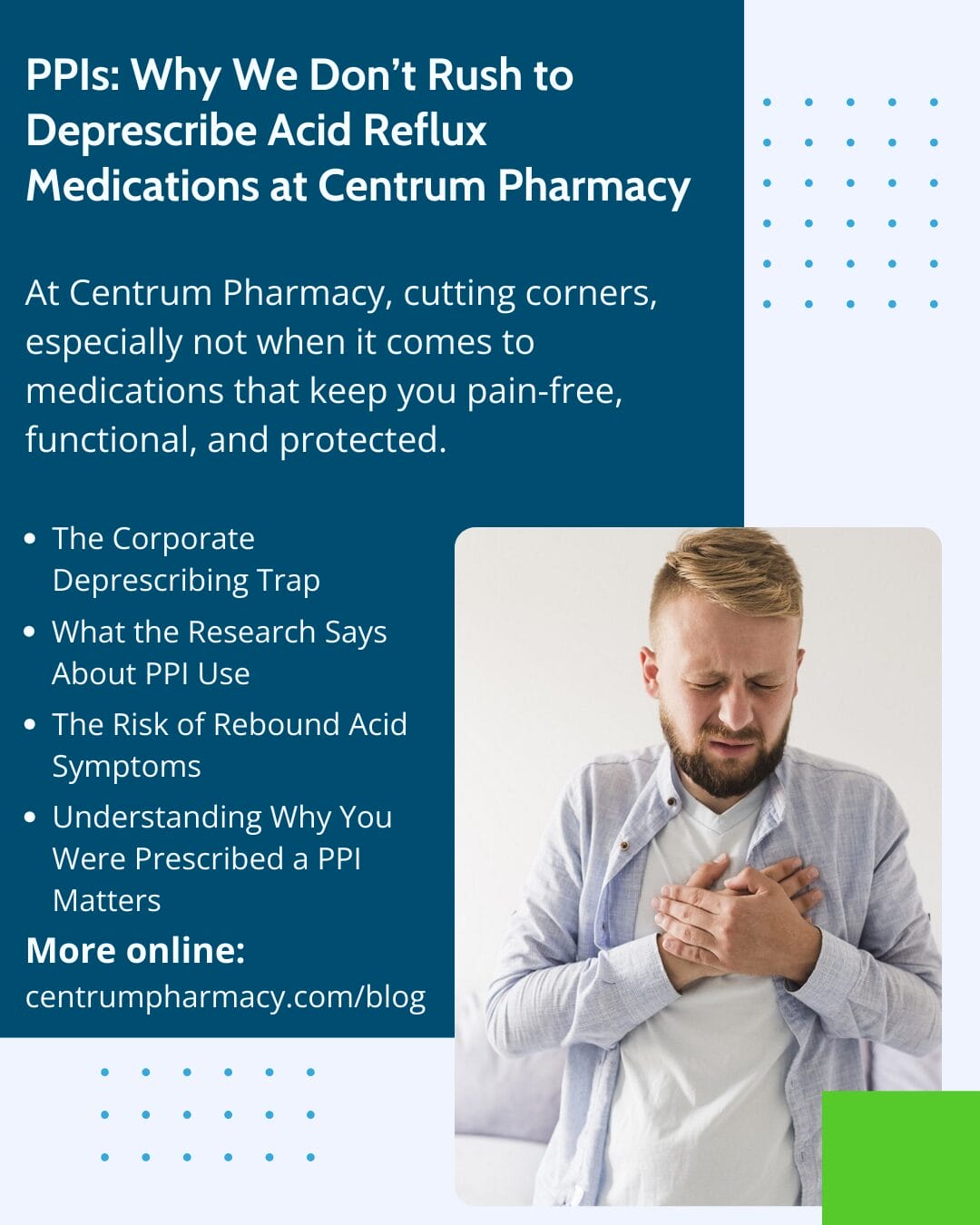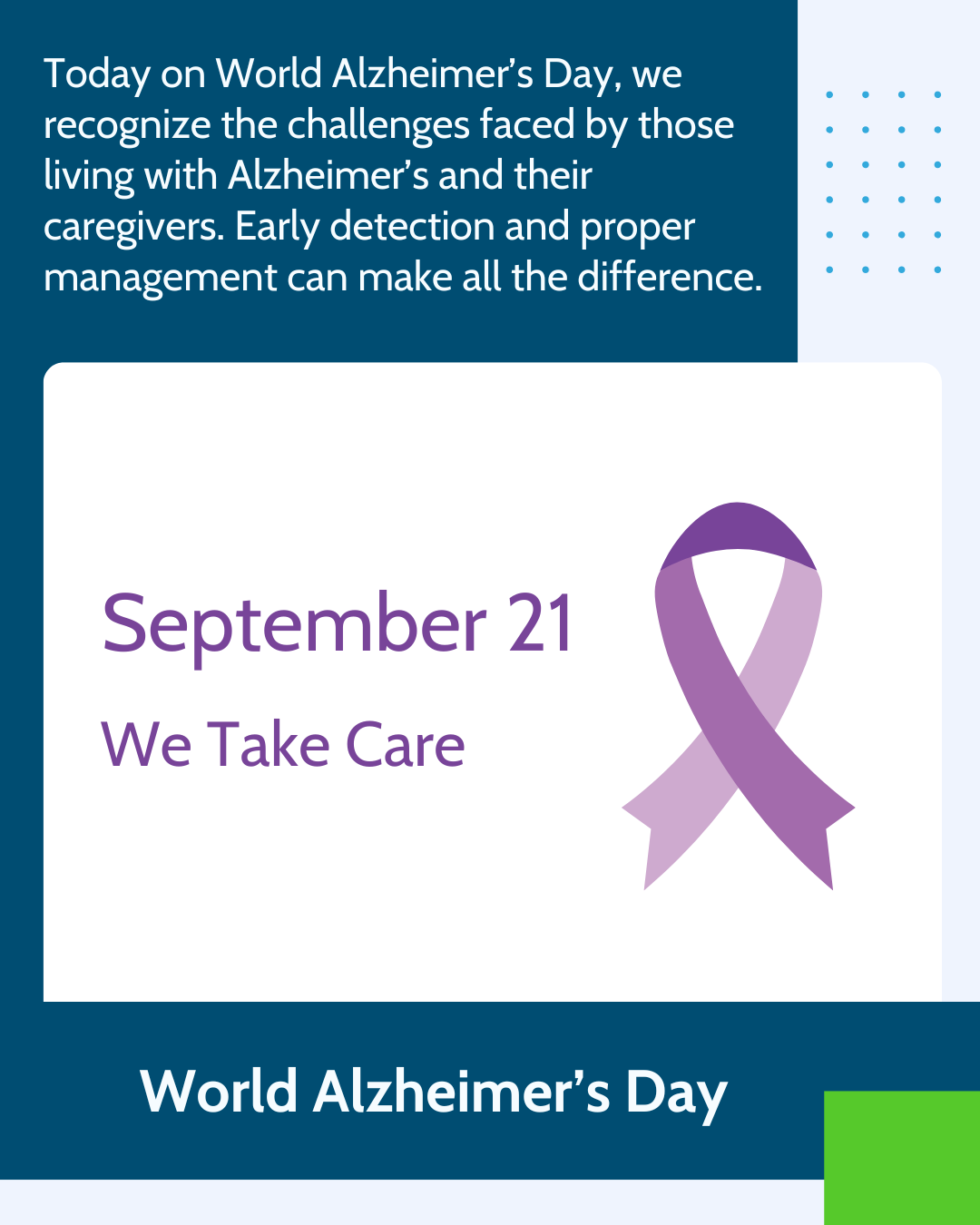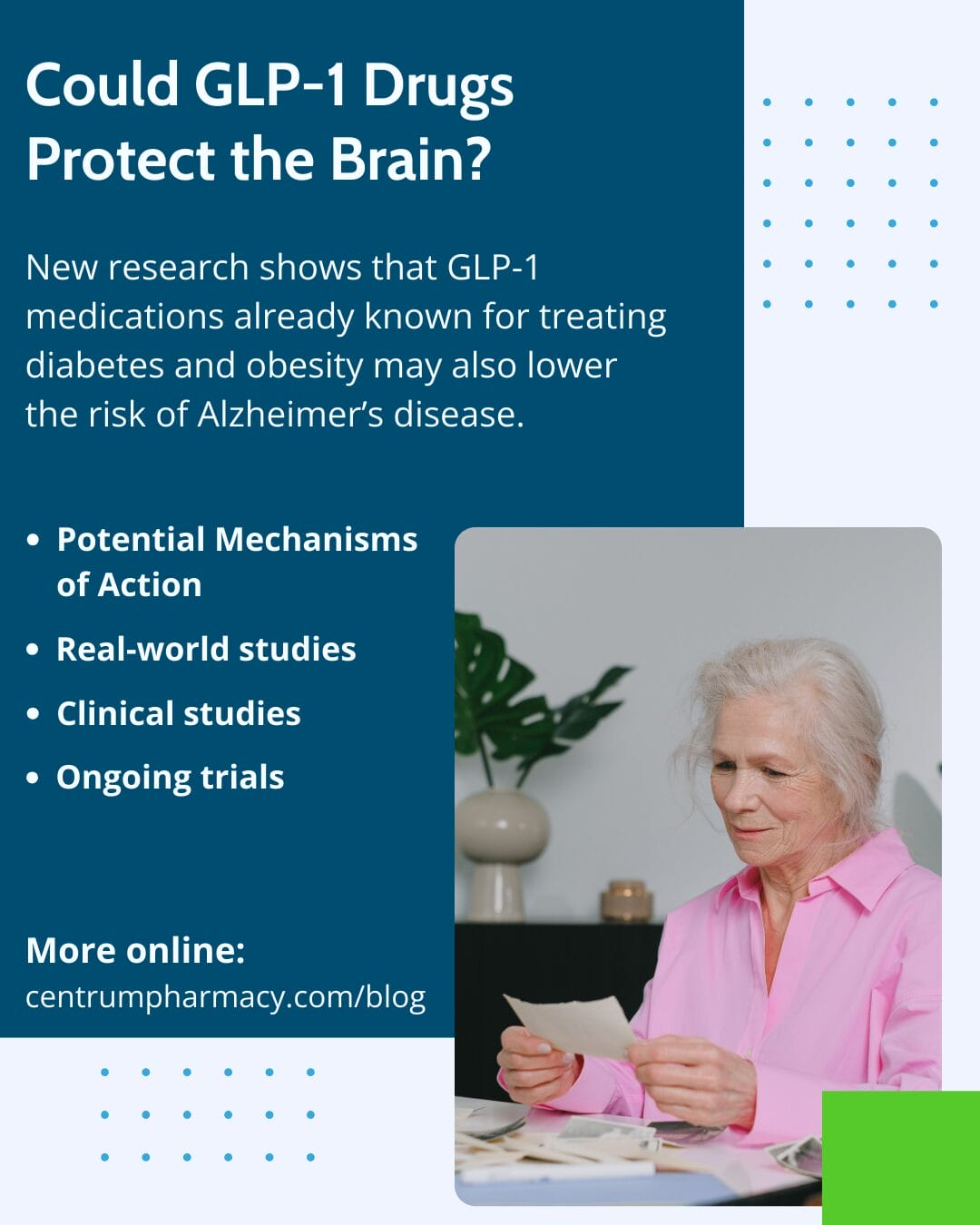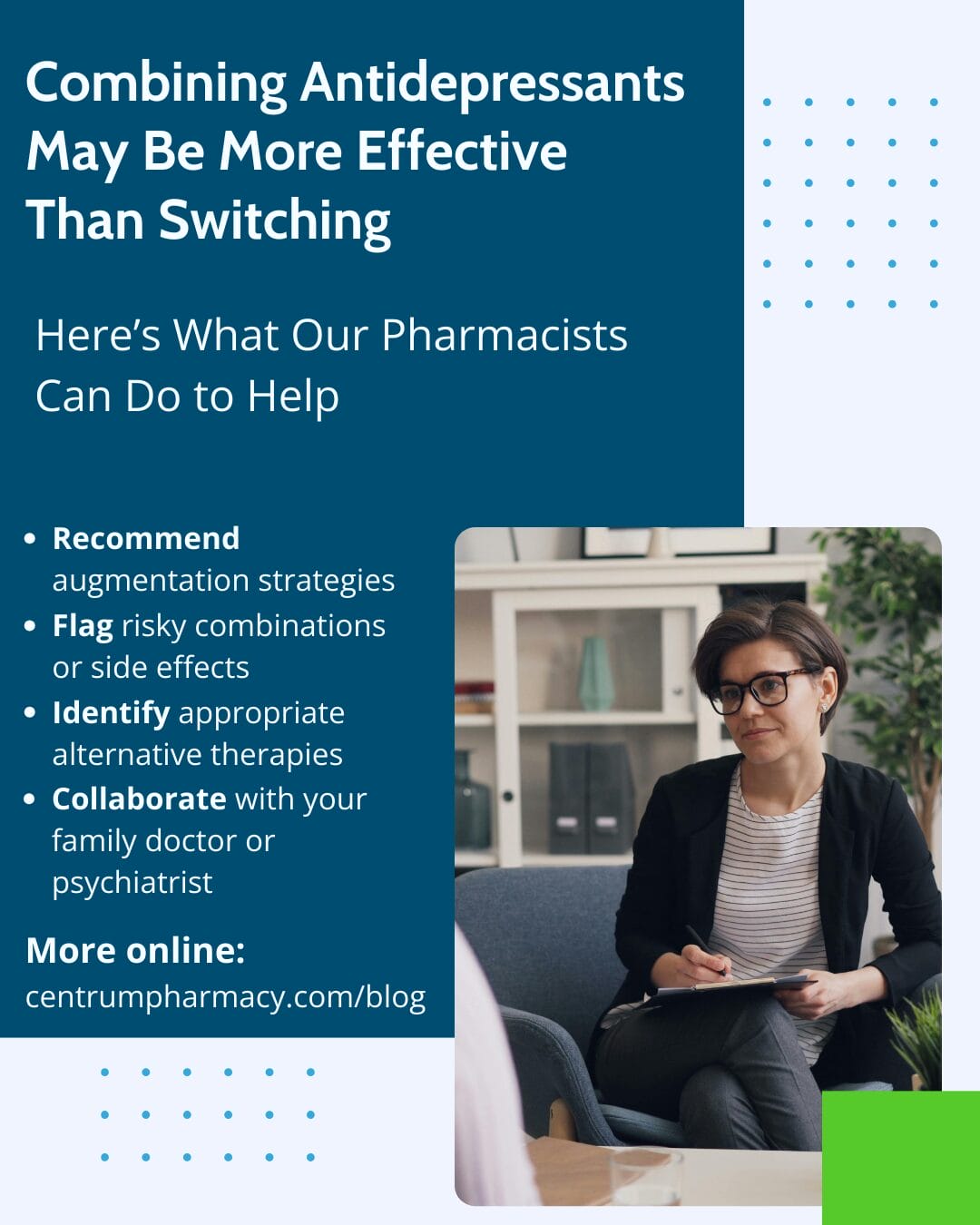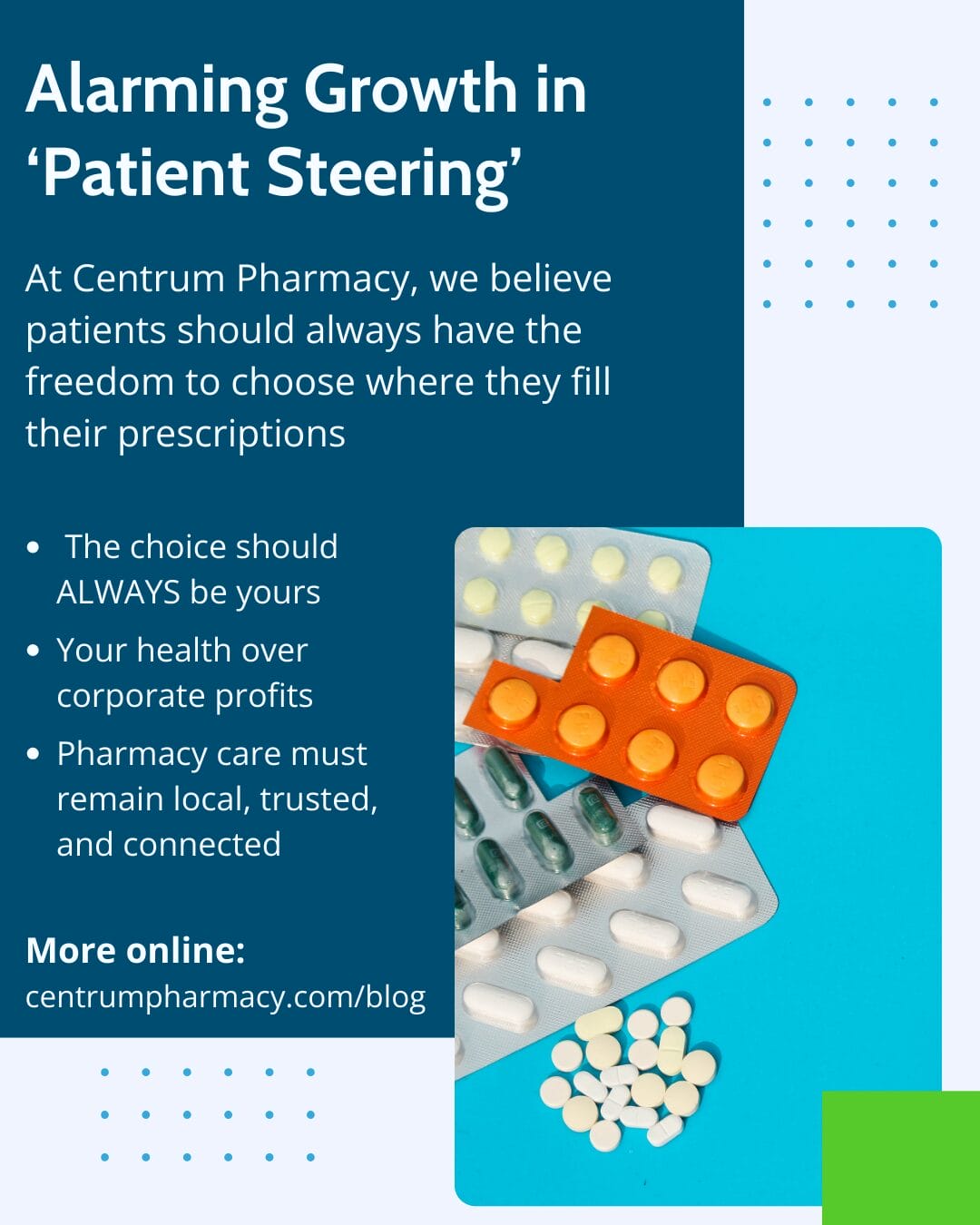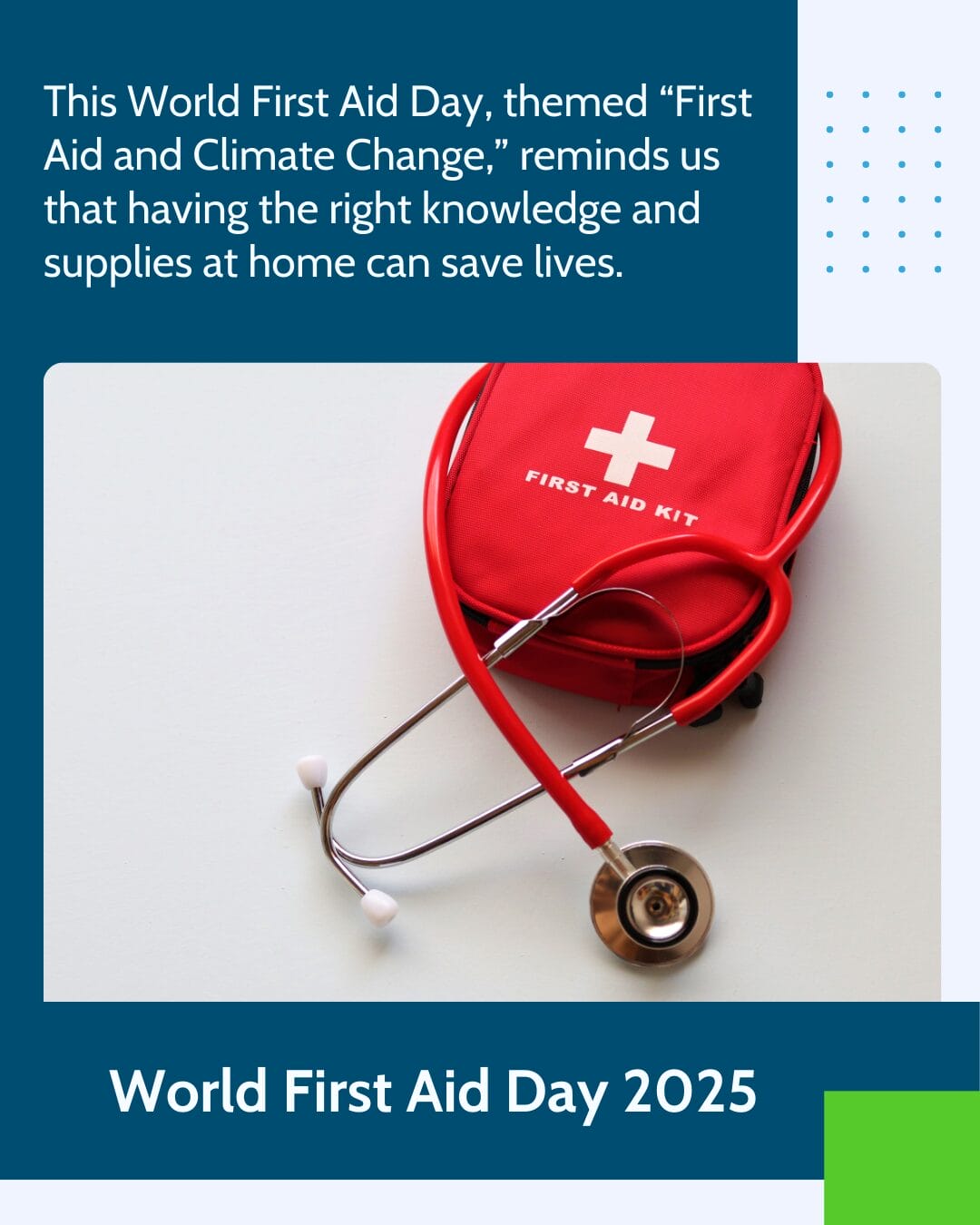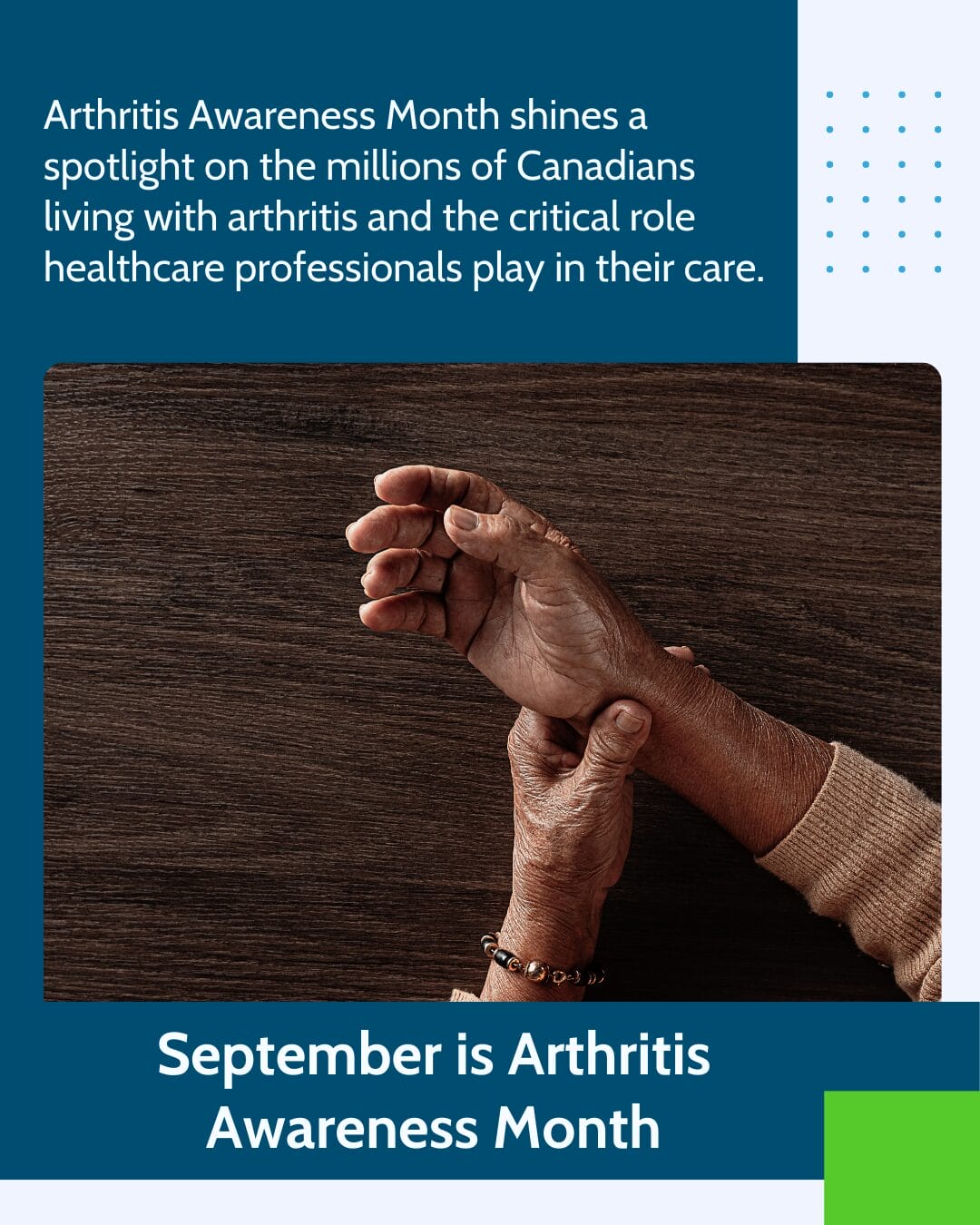At Centrum Pharmacy, your safety matters. Recent comments by the President of the United States suggesting a link between acetaminophen (Tylenol) use during pregnancy and autism have caused understandable concern. However, these claims are not supported by scientific evidence.
(more…)Author: Centrum Pharmacy
-

Under Pressure: Pharmacists Are Sounding the Alarm in Quebec — and Ontario Should Pay Attention Too
At Centrum Pharmacy, we care deeply about the quality of care you receive — and that care depends on having dedicated, full-time pharmacists available to serve our community. Unfortunately, a serious challenge is affecting pharmacies across Ontario and Quebec and beyond: a growing overreliance on replacement (or “locum”) pharmacists — and it’s pushing many pharmacy teams to the breaking point.
(more…) -

PPIs: Why We Don’t Rush to Deprescribe Acid Reflux Medications at Centrum Pharmacy
Proton Pump Inhibitors (PPIs) Are Among the Most Common Medications We See—But Stopping Them Isn’t Always the Right Choice
(more…) -

World Alzheimer’s Day
Today on World Alzheimer’s Day, we recognize the challenges faced by those living with Alzheimer’s and their caregivers. Early detection and proper management can make a difference.
(more…) -

Could GLP-1 Drugs Protect the Brain?
Alzheimer’s disease is one of the most pressing health challenges of our time, affecting millions of families worldwide. While research into treatments continues, an unexpected group of medications is drawing global attention: GLP-1 receptor agonists, the same drugs that revolutionized diabetes and weight management.
(more…) -

Combining Antidepressants May Be More Effective Than Switching—Here’s What Our Pharmacists Can Do to Help
At Centrum Pharmacy, we understand that antidepressant therapy isn’t one-size-fits-all. If you’re struggling with side effects or feel your current medication isn’t working, you’re not alone—and you don’t have to guess your next steps alone either. Our pharmacists are trained in the complexities of antidepressant pharmacotherapy and can work with your doctor to make personalized treatment recommendations that improve outcomes while minimizing trial-and-error.
(more…) -

Alarming Growth in ‘Patient Steering’: CPhA Calls on Canada to Regulate PPN Arrangements
At Centrum Pharmacy, we believe patients should always have the freedom to choose where they fill their prescriptions and access pharmacist care. Unfortunately, recent practices by insurers and pharmacy benefit managers (PBMs) threaten that choice through a tactic known as “patient steering.”
(more…) -

World First Aid Day 2025: Be Prepared at Home with First Aid Essentials
Extreme weather events like floods, heatwaves, and wildfires are becoming more frequent. This World First Aid Day, themed “First Aid and Climate Change,” reminds us that having the right knowledge and supplies at home can save lives.
(more…) -

September is Arthritis Awareness Month
Arthritis affects millions of Canadians, many of whom rely on multiple medications to manage their condition. This month is a reminder of the important role pharmacists play in supporting patients with arthritis — from ensuring safe medication use to helping manage pain and inflammation.
(more…) -

Ask Us First! We’ll Show You Canadian, Cost-Effective Alternatives to These Top-Rated OTC Brands
Each year, pharmacists and physicians across Canada weigh in on which over-the-counter (OTC) products they trust and recommend most. In the 2025 OTC survey, over 1,800 pharmacists and 800 physicians gave their expert input on 39 different product categories.
What does this mean for you?
(more…)

